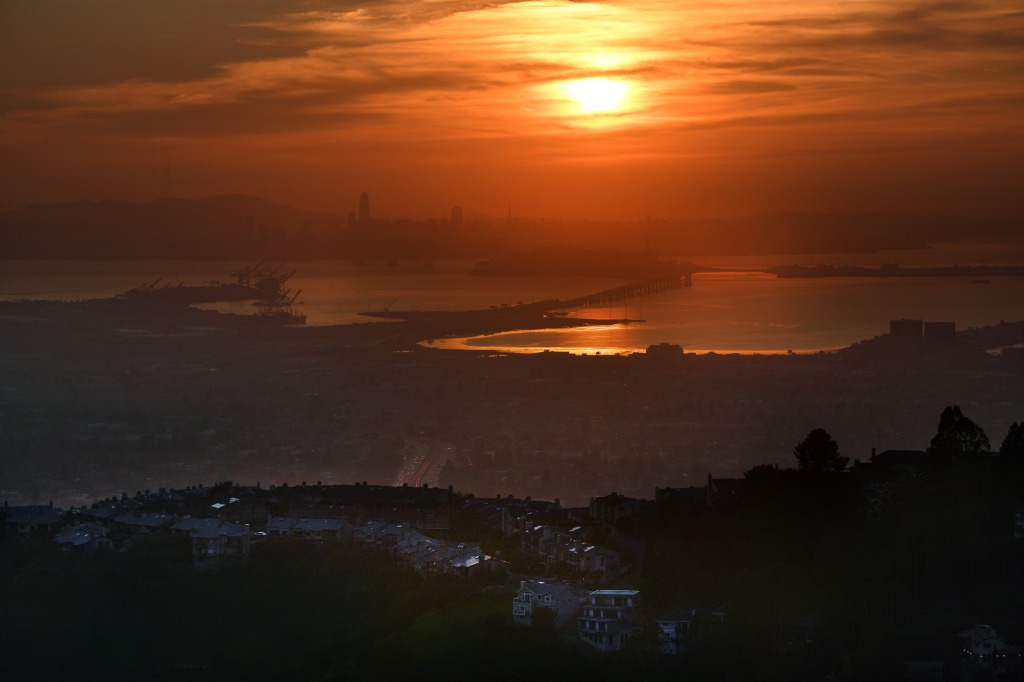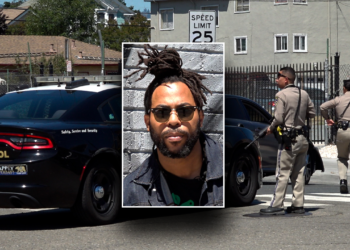Want to become a signature voice of your nation? Try a decades-long exile in California.
It worked for Czeslaw Milosz, who entered the pantheon of Polish poets thanks to works he wrote mostly in Berkeley.
The poet’s story — told by scholar Cynthia L. Haven in a thought-provoking book, “Czeslaw Milosz: A California Life” — demonstrates how our state allows people to move both further from and closer to home, often at the same time.
Milosz, while famous in Poland and among poets (Joseph Brodsky called him the greatest poet of our times), is unfamiliar to most Californians. But he remains the only faculty member of the University of California to win a Nobel Prize in literature.
“The irony,” writes Haven, “is that the greatest California poet — and certainly one of America’s greatest poets too — could well be a Pole who wrote a single poem in English.”
Born in Lithuania in 1911 to Polish-speaking gentry, Milosz pursued a literary career in Warsaw — and witnessed its World War II destruction. He served as a diplomat for Poland’s Stalinist government, before defecting in Paris in 1951.
In 1960, he accepted a teaching post at Berkeley. He stayed 40 years, living in and writing from a cottage on Grizzly Peak.
At first, California seemed irrelevant to his life and work. “if California is not a separate planet, it is at least a separate colony of planet Earth,” Milosz friend recalls him saying, according to Haven.
But in the 1960s, social turmoil soon arrived in California, and Milosz engaged it in Berkeley. He also saw firsthand the development of Silicon Valley.
The state seeped into his work. His 1969 poem, “Reading the Japanese Poet Issa (1762-1826),” moves in just a few lines from the West Coast…
The invisible ocean,
fog until noon
dripping in a heavy rain from the boughs of the redwoods,
sirens droning below on the bay.
to southern Poland
…whether this is the village of Szlembark
above which we used to find…
Read the full article here







